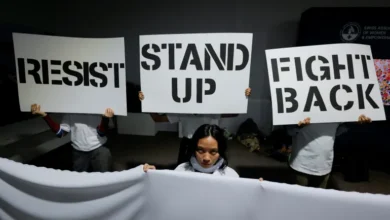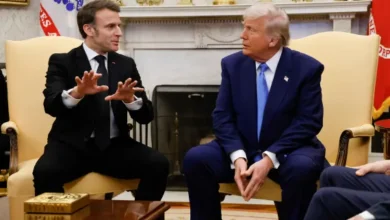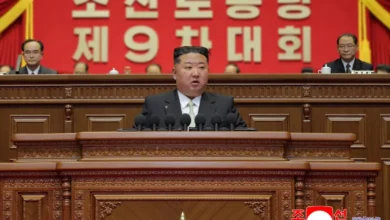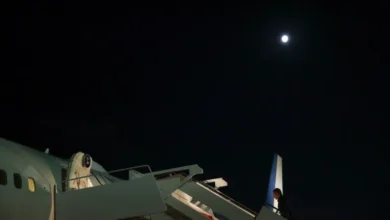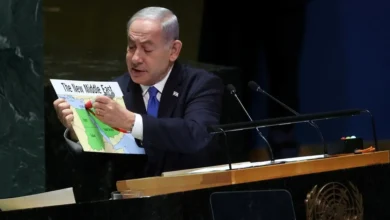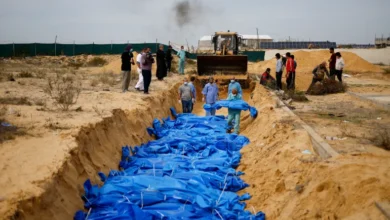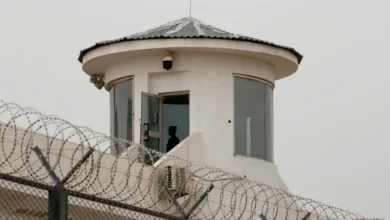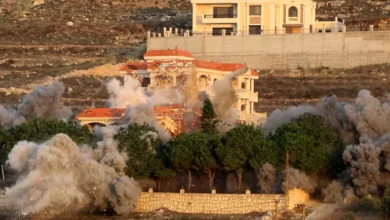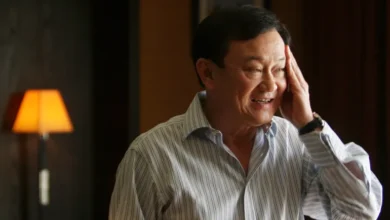‘Waited for 40 years’: South Africa’s Cradock Four families want justice
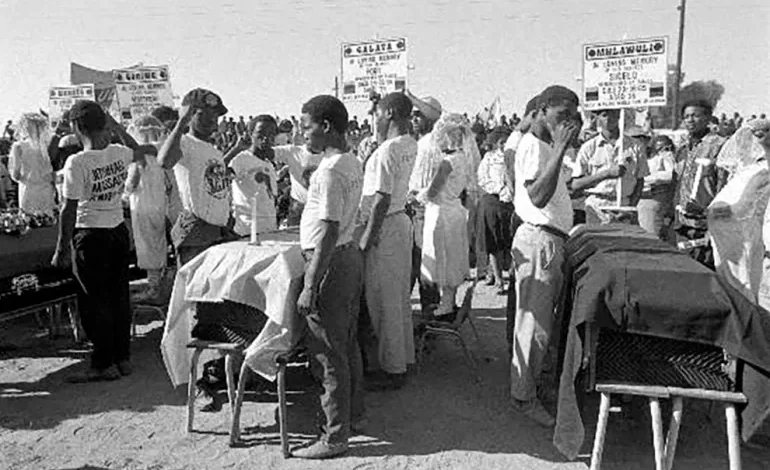
On the night of June 27, 1985 in South Africa, four Black men were travelling together in a car from the southeastern city of Port Elizabeth, now Gqeberha, to Cradock.
They had just finished doing community organising work on the outskirts of the city when apartheid police officials stopped them at a roadblock.The four – teachers Fort Calata, 29, and Matthew Goniwe, 38; school principal Sicelo Mhlauli, 36; and railway worker Sparrow Mkonto, 34 – were abducted and tortured.
Later, their bodies were found dumped in different parts of the city – they had been badly beaten, stabbed and burned.
The police and apartheid government initially denied any involvement in the killings. However, it was known that the men were being surveilled for their activism against the gruelling conditions facing Black South Africans at the time.
Soon after, evidence of a death warrant that had been issued for some members of the group was anonymously leaked, and later, it emerged that their killings had long been planned.
Though there were two inquests into the murders – both under the apartheid regime in 1987 and 1993 – neither resulted in any perpetrator being named or charged.
“The first inquest was conducted entirely in Afrikaans,” Lukhanyo Calata, Ford Calata’s son, told Al Jazeera earlier this month. “My mother and the other mothers were never offered any opportunity in any way whatsoever to make statements in that,” the 43-year-old lamented.
“These were courts in apartheid South Africa. It was a completely different time where it was clear that four people were murdered, but the courts said no one could be blamed for that.”Now, four decades after the killings, a new inquest has begun. Although justice has never seemed closer, for families of the deceased, it has been a long wait.
“For 40 years, we’ve waited for justice,” Lukhanyo told local media this week. “We hope this process will finally expose who gave the orders, who carried them out, and why,” he said outside the court in Gqeberha, where the hearings are taking place.
As a South African journalist, it’s almost impossible to cover the inquiry without thinking about the extent of crimes committed during apartheid – crimes by a regime so committed to propping up its criminal, racist agenda that it took it to its most violent and deadly end.
There are many more stories like Calata’s, many more victims like the Cradock Four, and many more families still waiting to hear the truth of what happened to their loved ones.
